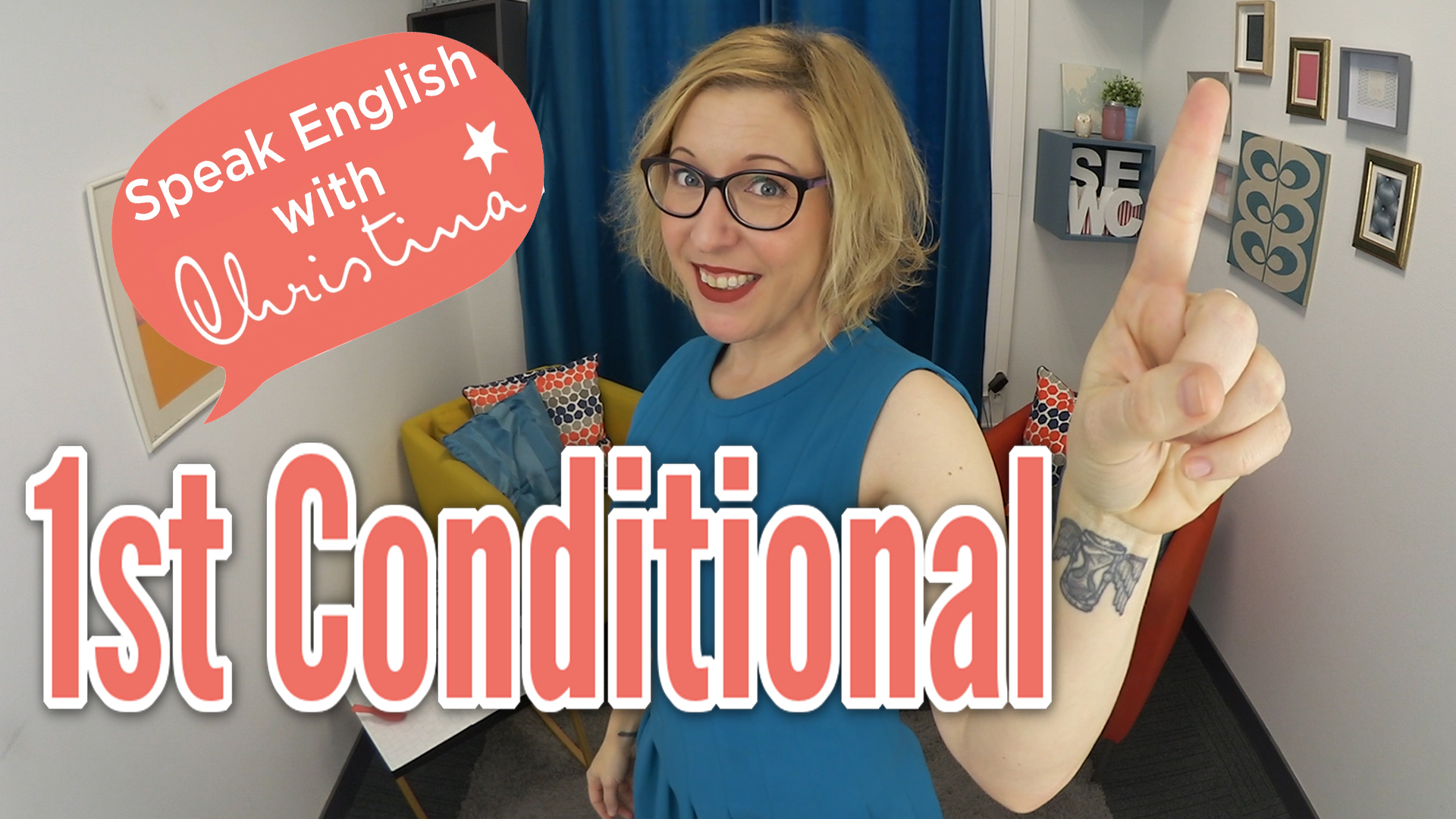
Hi there! I’m your English coach Christina, welcome to Speak English with Christina, where you’ll learn American culture and business know-how to become confident in English.
A few episodes ago, we looked at the zero conditional. Well, let’s continue today with the first conditional!
After all, the conditionals in English can be very useful in conversation!
The first conditional in English is a very commonly used structure, but what is it? What is it for? And how can you use it in your business conversations?
Let’s go!
Index :
- First conditional : if + present, “will” (or “may”, “might”…)
- First conditional: for uncertainty and… conditions
- How to use the first conditional with questions and negations
- Bonus: the zero conditional and the second conditional
1. First Conditional: if + present, “will” (or “may”, “might”…)
How to make an English sentence in the first conditional?
You need two parts. The first one starts with “if” and a verb at the present tense. The second part gets a sentence in the future (with “will”) or in the conditional (with modal verbs such as “might” and “may”).
For example:
If you tell me your problem, I will be able to fix it.
If you tell me your problem, I might be able to fix it.
If you tell me your problem, I may be able to fix it.
You can also use the modal verbs “could” and “should” :
If you tell me your problem, I could do something about it.
If you tell me your problem, I should be able to take care of it.
In a first conditional sentence that starts with “if”, you can also add “then” between the two parts:
If you look at the data, then you’ll see my point.
If they use this solution, then they might get better results.
“Then” is part of the useful linkwords in English!
In a first conditional sentence, you can also turn the two parts around. Then “if” is placed in the middle of the sentence:
We’ll grow a lot faster if we get this contract.
I might get a raise if I learn how to negotiate.
2. First conditional: for uncertainty, and… conditions
So you know how to use the first conditional… But why should you use it? In which situations?
Well, first, we use it for something that might happen. With the first conditional, you’re predicting the consequences that will probably (or possibly) happen in this situation.
For instance:
If Michael works out, he’ll be able to lift a lot more weight.
If they move fast, they might leave us behind.
It’s the difference with the zero conditional, which deals with certainty and generalities.
The first conditional also works to describe how you make your decisions. It’s your reasoning process. You’re thinking about your decision before a situation happens. It’s a rational strategy!
If the situation keeps going, we might hire someone at the end of the year.
If my side-business works out, I’ll quit my job.
Finally, the first conditional relates to one of the idiomatic expressions in English: if need be. It’s a synonym for if necessary, that you can use as well.
We’ll help you, if need be.
You may send us an email, if necessary.
3. You can use the first conditional with question and negations
Of course, you can ask questions and make negative sentences with the first conditional.
Questions are easy: it’s just like asking a question in the future.
Will I make progress, if you teach me?
If I help you, could you finish in time?
For negative sentences, you have different possibilities. You can add a negation in the “if” part of the sentence. Or in the other part. Or both!
For example:
They might not find much success, if they’re so stubborn.
You will find another solution, if this doesn’t work.
I won’t make progress if I don’t practice!
4. Bonus: the zero conditional and the second conditional
We’ve briefly mentioned the zero conditional, but let’s see more precisely the differences between the first conditional and its close cousins: the zero and second conditionals.
The zero conditional is much less uncertain than the first. It deals with generalities and logical consequences, where the first conditional deals with specific situations (that may or may not happen.)
With the zero conditional, we have for example:
You find success if you work hard. = In general, hard work always creates success. The “You” pronoun here is an abstract person, that means “anyone.”
The first conditional would be:
You’ll find success, if you work hard = In your situation, I believe that you’ll probably get success after you work hard. But I wouldn’t necessarily say the same thing to somebody else. The “You” pronoun means the person I’m talking to, specifically.
For the second conditional, we deal with situations that we think won’t happen. The first conditional is more optimist!
The second conditional uses “if” + the simple past, and the subjunctive with “would”:
If you worked hard, you would find success. = You could find success with hard work, but I don’t think you’re going to work hard, so I don’t think you’ll find success.
(And remember: you can also use would as a past tense in English!)
And now you’re done!
So remember. For the first conditional:
- If + present tense, then + future or conditional (Then can be dropped)
- It’s for specific situations, and things that might happen
- You can use it to describe your decision process in uncertain conditions
- You can use the expression “If need be” – an idiomatic expression that can make you sound more fluent, kind of like “kind of” in English.
Now, tell me…
Can you make a sentence with the first conditional?
Start typing in the comments below: “If….” You’ll make sure you really understand how it works. It’s a great way to practice your English!
And if you would like to become more fluent, more confident, and work with one of my Expert Teachers, check out my new program Speak Business English Confidently.
It combines private training sessions with regular conversation practice, so you speak more correct English, more fluidly. Click here for all the details.
Thanks so much for improving your English with me, and I’ll see you next time!
More good stuff...
Click the image to learn more

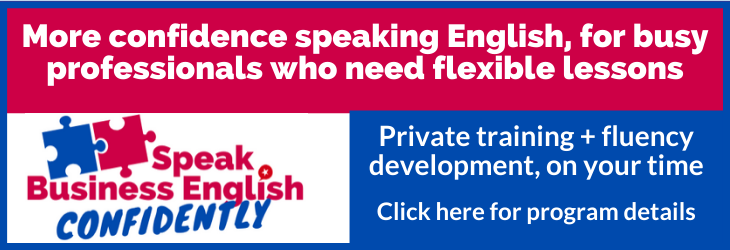
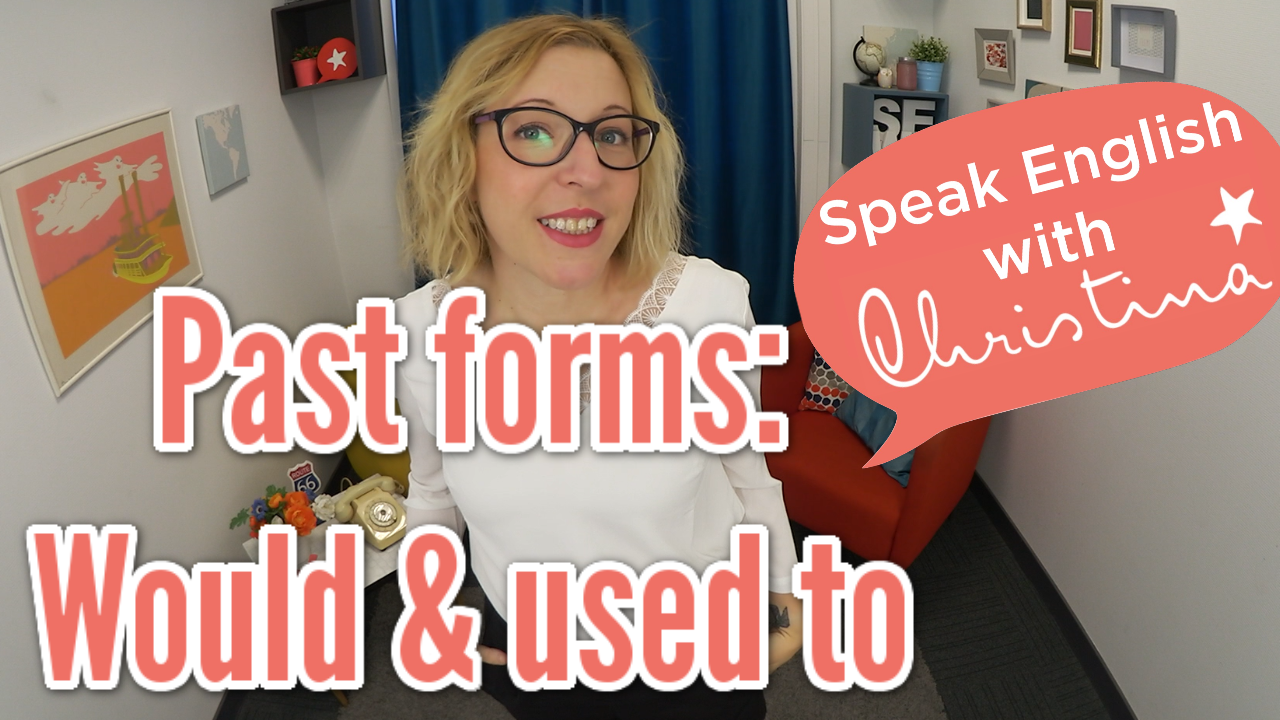
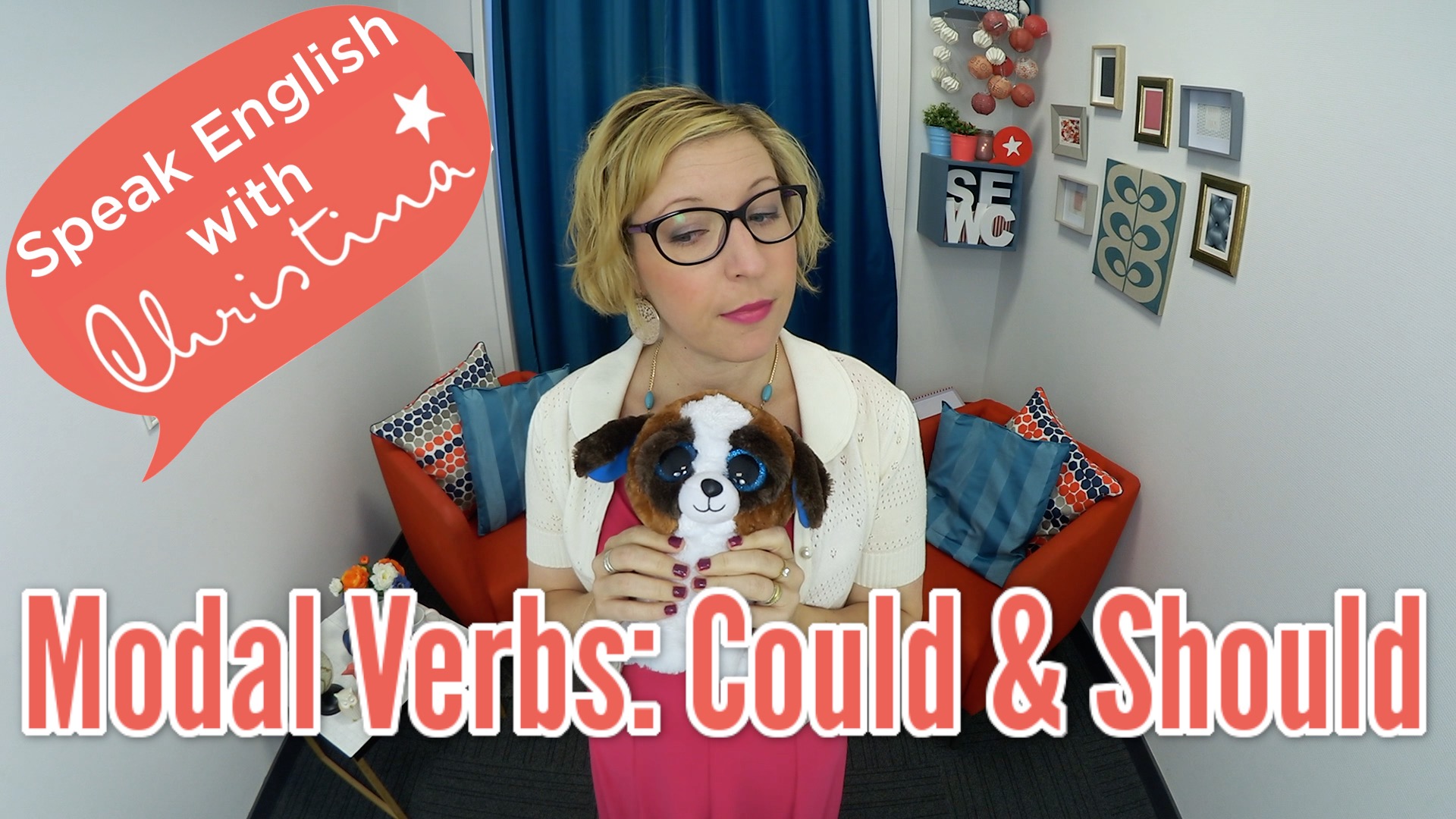
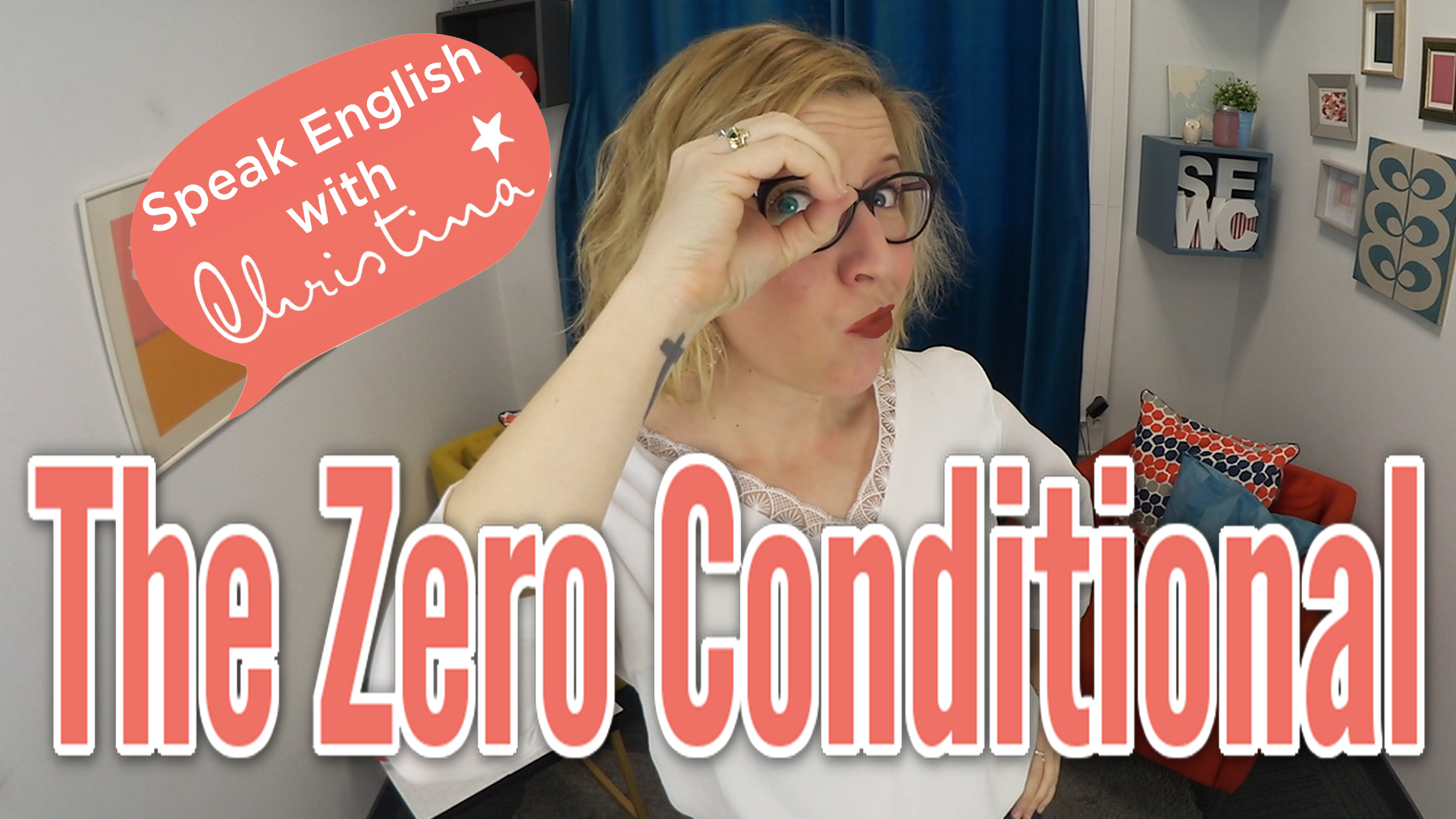




If I keep practicing with you,I’ll be able to speak english more fluently.
If it sunny tomorrow, I’ll go to the beach.
If I had studied more, I would have passed the test.
You won’t be able to do it if you don’t try .